Regional Centre of Excellence Launches Cutting-Edge Data Geoportal for Ecosystem Data Management

The Regional Centre of Excellence (RCoE) for Biodiversity, Forests, and Seascape Ecosystems Management has launched a Data Geoportal platform designed to facilitate open access to crucial ecosystem data.
The RCoE Data Geoportal was launched during the four-day Data & Information Engagement Workshop for Protected and Conserved Areas at the Regional Centre for Mapping of Resources for Development (RCMRD) in Nairobi, Kenya, from 30th September 2024.

The platform provides access to key data for the Conservation of Biodiversity, Forests, and Seascape Ecosystems in Eastern and Southern Africa. It is an essential resource for governments, conservation organizations, researchers, and local communities across the region.
The RCoE Data Geoportal will serve as a one-stop platform for up-to-date data, interactive mapping, and analytical tools aimed at enhancing ecosystem monitoring and decision-making.
The portal will enable users to track biodiversity, forest cover, and seascape ecosystems across borders, helping stakeholders respond proactively to environmental challenges. It also promotes data- sharing between countries and institutions, ensuring cross-border cooperation for effective ecosystem management.
“The ability to track environmental changes in real-time, analyse trends, and predict future scenarios will enable us to make informed decisions that protect our environment while promoting sustainable development,” said Dr. Eng. Festus K. Ng’eno, Principal Secretary in Charge of the State Department for Environment and Climate.
The PS was represented by Dr. Faith Nyokabi the Head of Multilateral Environmental Agreements (MEAs) at the ministry.
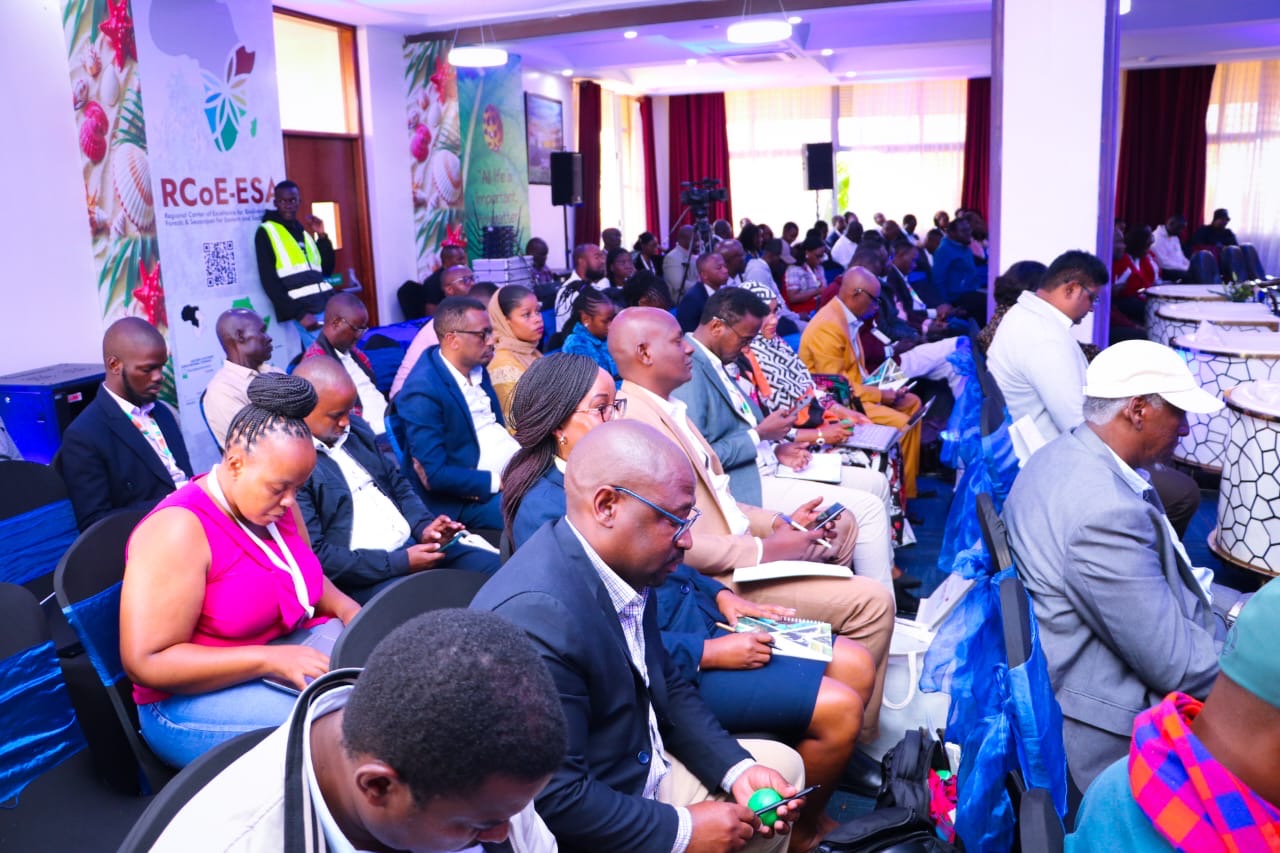
The workshop, themed “Leveraging Data Insights for Impactful and Sustainable Ecosystems,” brings together conservationists, policymakers, and data specialists from 24 project countries, including Angola, Botswana, Comoros, Djibouti, Eritrea, Eswatini, Ethiopia, Kenya, Lesotho, Madagascar, Malawi, Mauritius, Mozambique, Namibia, Rwanda, Seychelles, Somalia, South Africa, South Sudan, Sudan, Tanzania, Uganda, Zambia, and Zimbabwe.
“By bringing together experts from across eastern and southern Africa, we are fostering a culture of shared learning, innovation, and collaboration. Our goal is to equip communities, governments, and organizations with the information and tools they need to manage ecosystems sustainably,” said Dr. Éliane Ubalijoro Chief Executive Officer of the Center for International Forestry Research and World Agroforestry (CIFOR-ICRAF) and Director General of ICRAF.
The four-day workshop aims to strengthen relationships with institutions managing data on protected areas and demonstrate the importance of data in decision-making for governance and conservation. It will also showcase the RCoE’s data management process and its role in helping countries track progress on Global Biodiversity Framework Targets under the Convention on Biological Diversity (CBD).
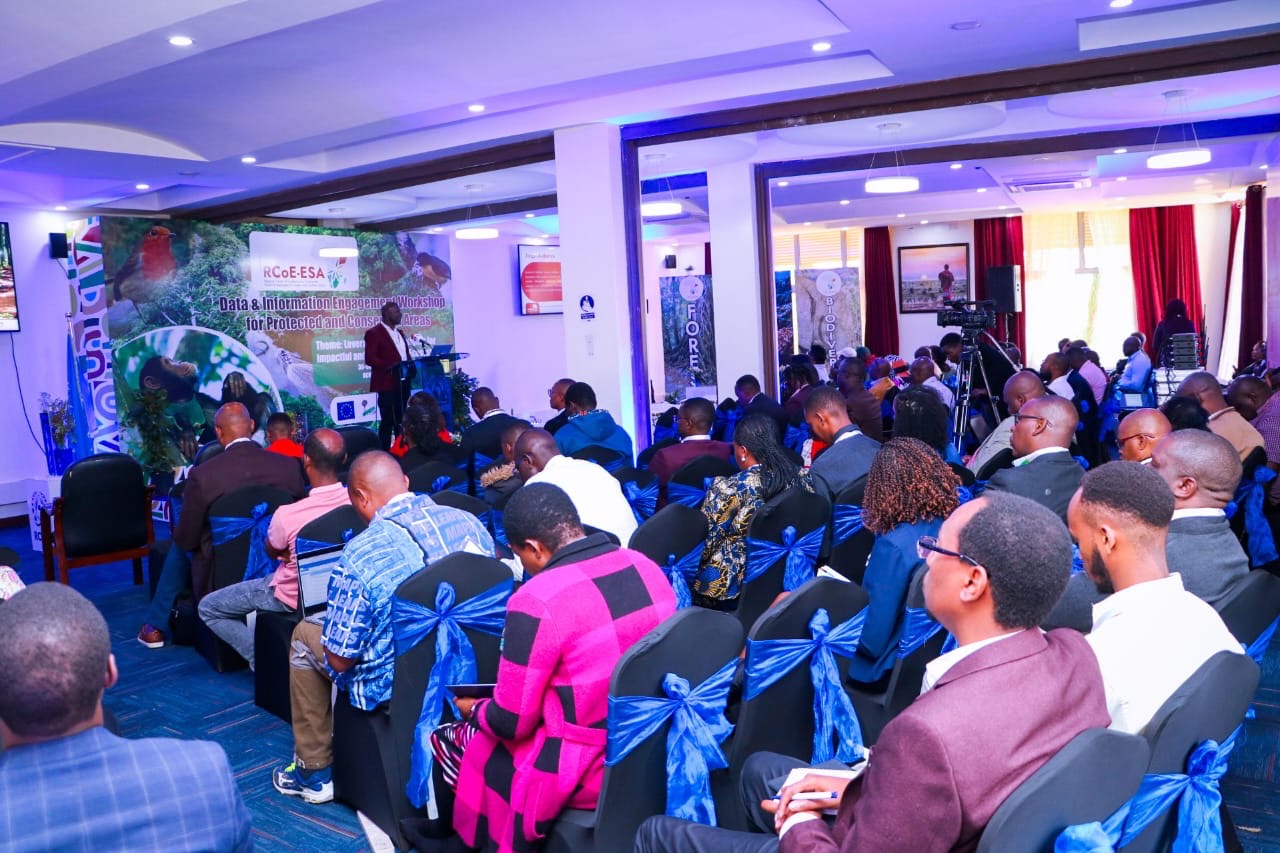
“The workshop offers a platform to showcase our progress on data for Protected and Conserved Areas and to explore how data can drive impactful conservation efforts,” said RCMRD Director General, Dr Emmanuel Nkurunziza.
The RCoE is committed to providing access to actionable data that will enable various communities to participate in conservation efforts and take ownership of local ecosystem management.
To access the RCoE Data Geoportal, visit: https://rcoe-geoportal.rcmrd.org/
The Regional Centre of Excellence (RCoE) for Biodiversity, Forests, and Seascape Ecosystems Management, hosted at the Regional Centre for Mapping of Resources for Development (RCMRD), is a pivotal initiative promoting regional cooperation, research, and capacity building to address critical environmental challenges.
Funded by the European Union and in collaboration with CIFOR- ICRAF, RCoE utilizes Science, Technology and Innovation (STI) to ensure sustainable management of biodiversity, forests, and seascape ecosystems in Eastern and Southern Africa through delivering timely, accurate, and comprehensive information. This enables informed decision making and supports the continued provision of ecosystem services for the overall well-being of local populations.
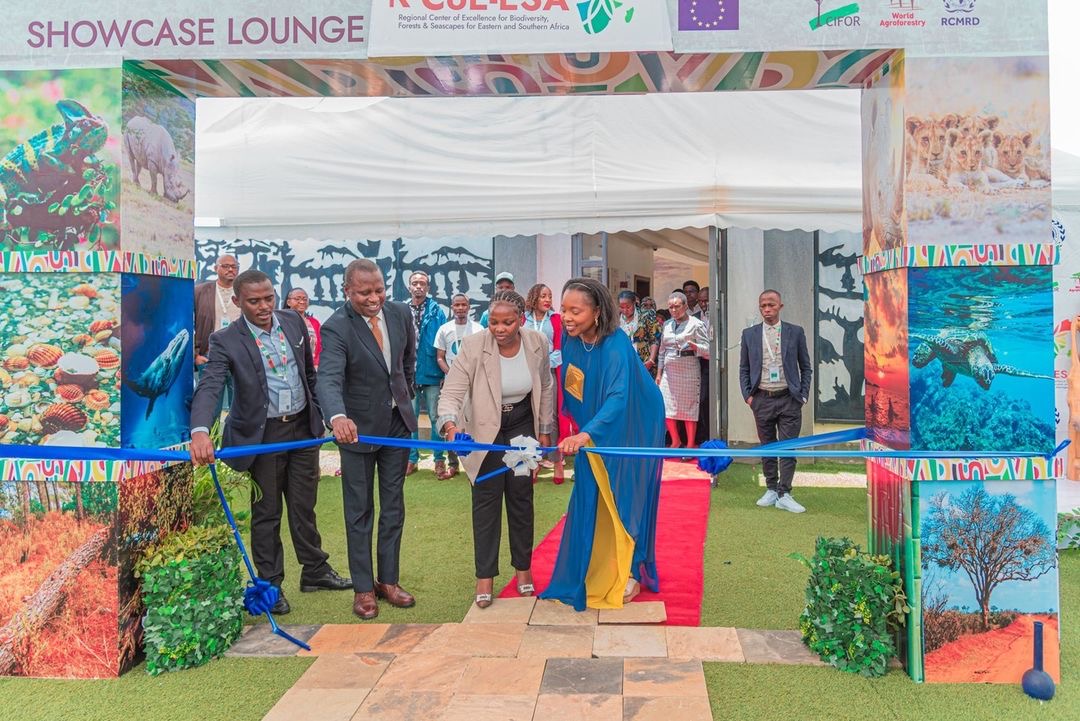
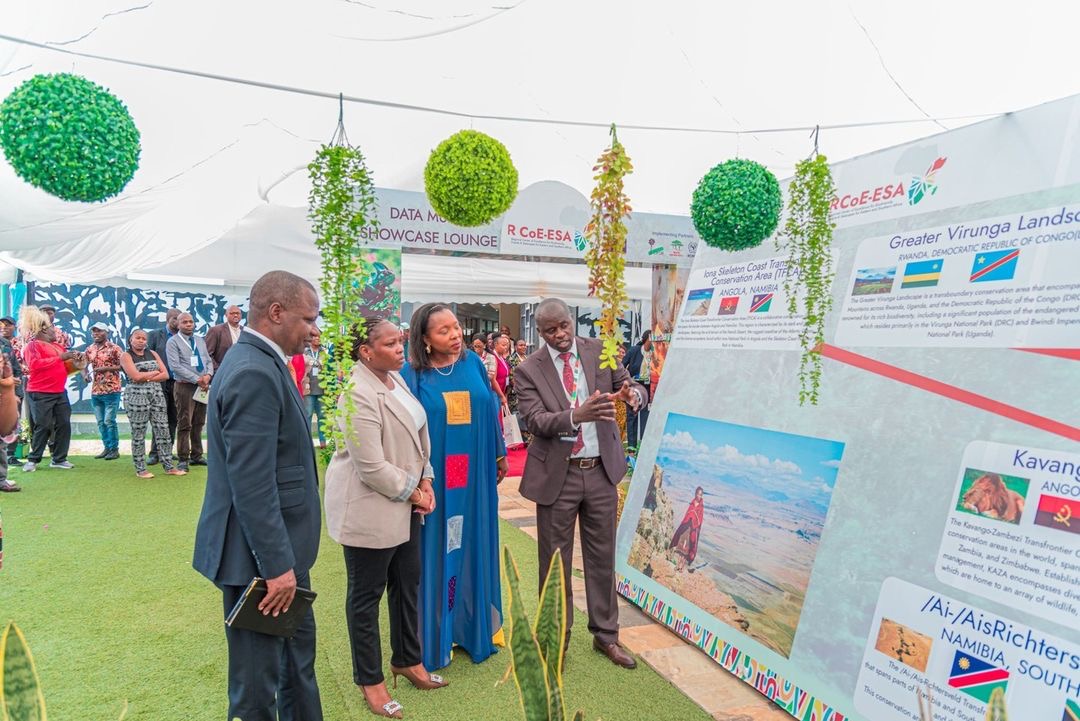
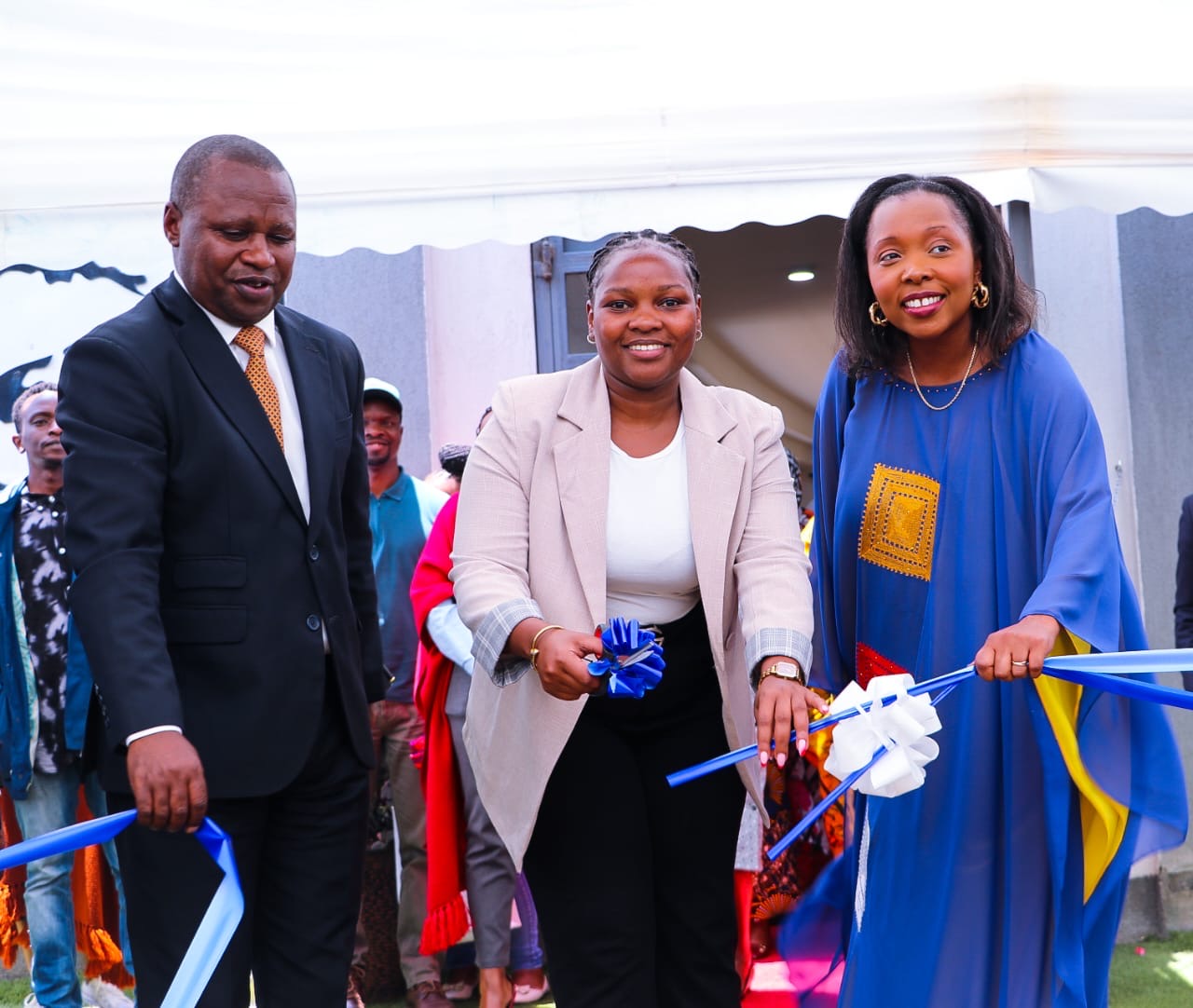

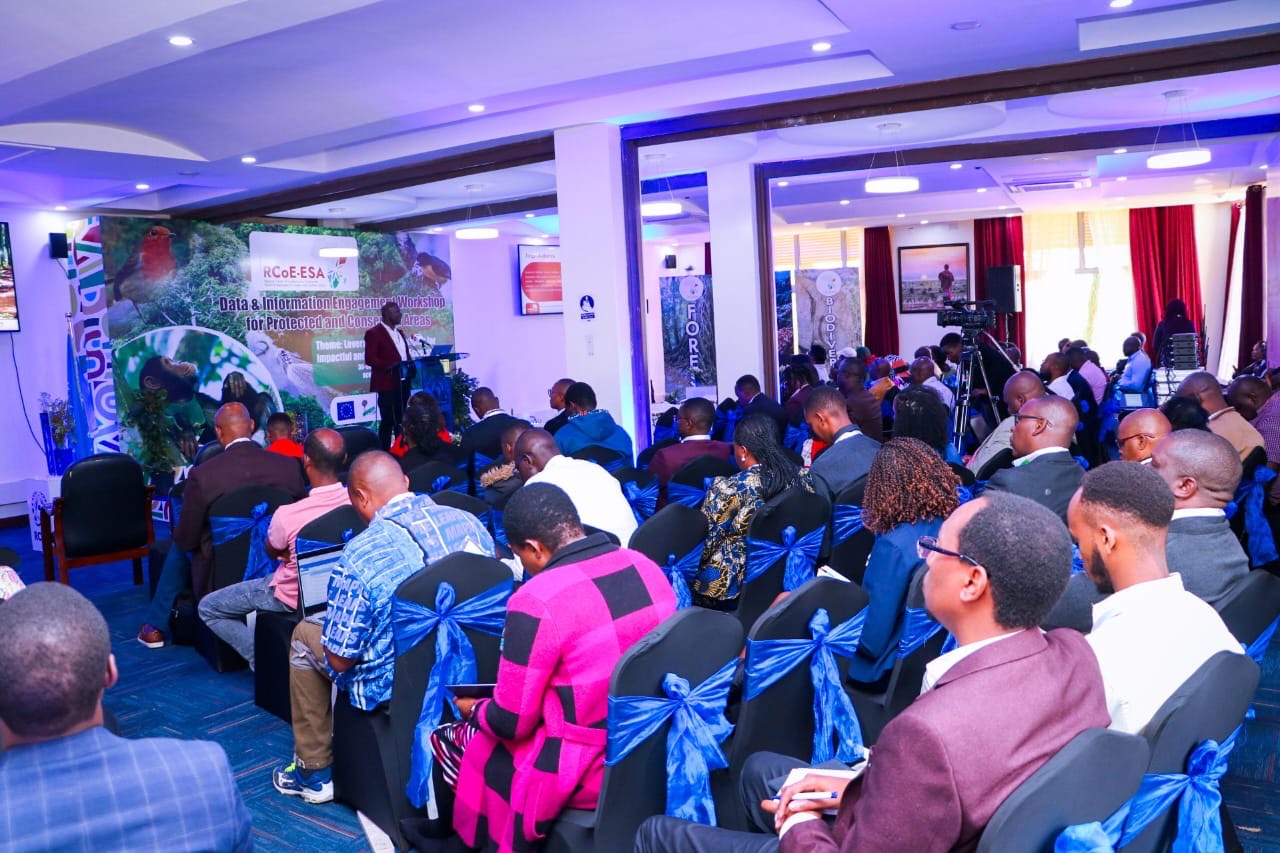
Related Articles
The SFERE Clean Cooking Awareness Campaign: Advancing Solutions Through Community Engagement
Progress in clean cooking is happening one step at a time through...
Strengthening Rwanda’s SMEs for Circular Food Systems: Embedding Circularity Beyond Project Implementation for Long-Term Transformation
As Rwanda advances its circular economy ambitions, small and medium-sized enterprises (SMEs)...
Powering Food, Restoring Land: How Renewable Energy and Regenerative Agriculture Are Transforming Rwanda’s Farms
Across Rwanda’s rolling hills, a quiet revolution is underway. It begins in...
Late February Weather Alert: Heavy and Above-Average Rainfall Forecast Across Rwanda
The Ministry in charge of Disaster Management (MINEMA) has issued a weather...









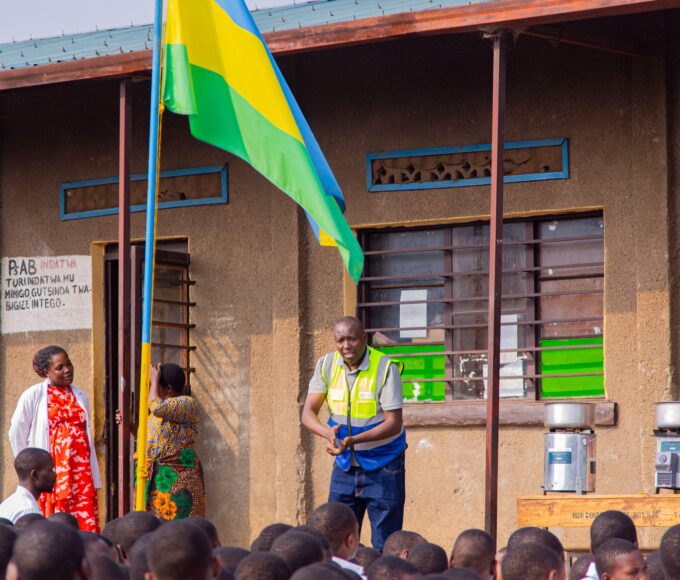
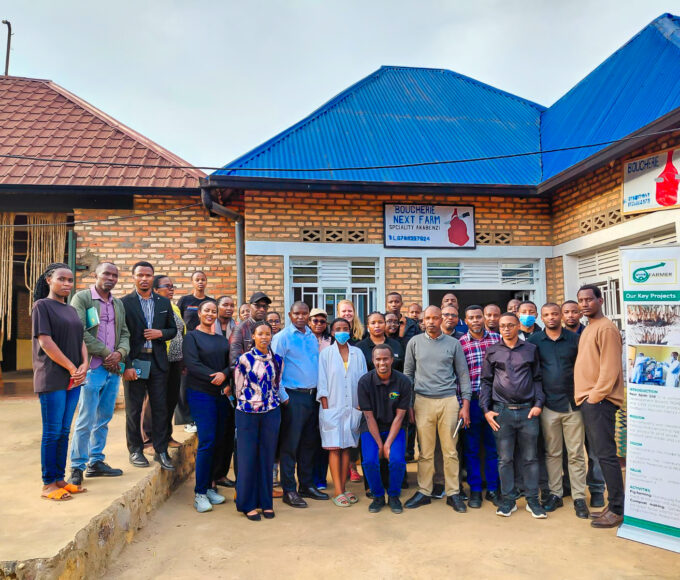


Leave a comment